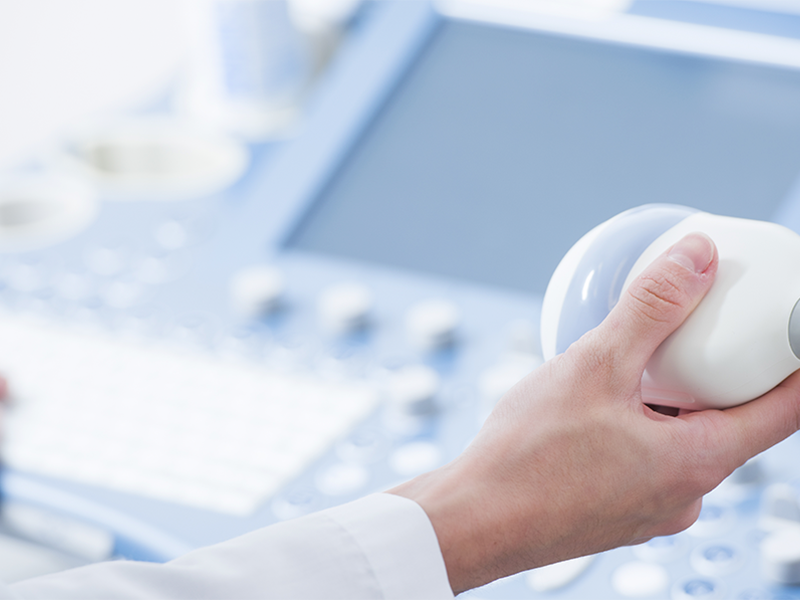Understanding Ultrasound: An Essential Guide
Ultrasound, also known as sonography, is a non-invasive medical test that helps physicians diagnose and treat medical conditions. Utilizing high-frequency sound waves, ultrasound procedures produce images of the body's internal structures through the use of an ultrasound device or transducer. This test is distinctive because it does not use ionizing radiation, making it the preferred method for monitoring pregnant women and their unborn babies.
Purpose and Uses of Ultrasound
Ultrasounds serve a broad range of purposes in the medical field, from guiding procedures to diagnosing diseases. They are particularly useful for:
- Examining the fetus in pregnant women, including assessing the baby's health, determining the baby's age and position, and identifying multiple pregnancies.
- Evaluating organs such as the liver, kidneys, pancreas, thyroid, and reproductive organs for abnormalities.
- Diagnosing conditions related to pain, swelling, and infection in the body's internal organs.
- Guiding procedures like needle biopsies, where needles are used to extract a sample of cells for testing.
- Assessing blood flow through various vessels, using Doppler ultrasound techniques.
When to Seek an Ultrasound
You might need an ultrasound if you are experiencing symptoms that require a closer look at your internal organs or if you are pregnant. Some common symptoms that may necessitate an ultrasound include:
- Abdominal pain or distention
- Abnormal liver or kidney function tests
- Pelvic or abdominal discomfort
- Monitoring of tumors
- Pregnancy
Procedure Overview
Before the ultrasound, you might be asked to prepare in specific ways, such as fasting for a few hours or drinking plenty of water to fill your bladder, depending on the area being examined.
During the procedure:
- You will lie on a table, and a small amount of gel is applied to the skin over the area being examined. This gel helps the sound waves travel more efficiently.
- The transducer is pressed against the skin and moved over the area of interest. The sound waves emitted by the transducer bounce off structures inside your body, and the echoes are converted into images displayed on a monitor.
- The procedure is typically painless and can vary in duration, usually lasting between 30 minutes to an hour.
Pre and Post Exam Care
Pre-Exam Care: Follow any specific instructions provided by your healthcare provider regarding preparation for the ultrasound. This may include dietary restrictions or hydration requirements.
Post-Exam Care: No special care is required after undergoing an ultrasound. You can resume your normal activities immediately. The sonographer usually provides a preliminary overview of the findings, but a detailed analysis is conducted by a radiologist or your referring physician, who will discuss the results with you.
Prevention and Care
While ultrasounds are diagnostic tools rather than preventive measures, you can take steps to maintain good health and potentially reduce the need for diagnostic testing:
- Maintain a healthy lifestyle, including a balanced diet and regular exercise.
- Follow recommended screening guidelines for your age and health history.
- Regular check-ups with your healthcare provider can help catch potential health issues early.
Ultrasound is a safe, effective, and non-invasive diagnostic tool with a wide range of applications in medicine. Understanding the purpose, procedure, and care involved can help you prepare for an ultrasound and alleviate any concerns you may have about the test.
